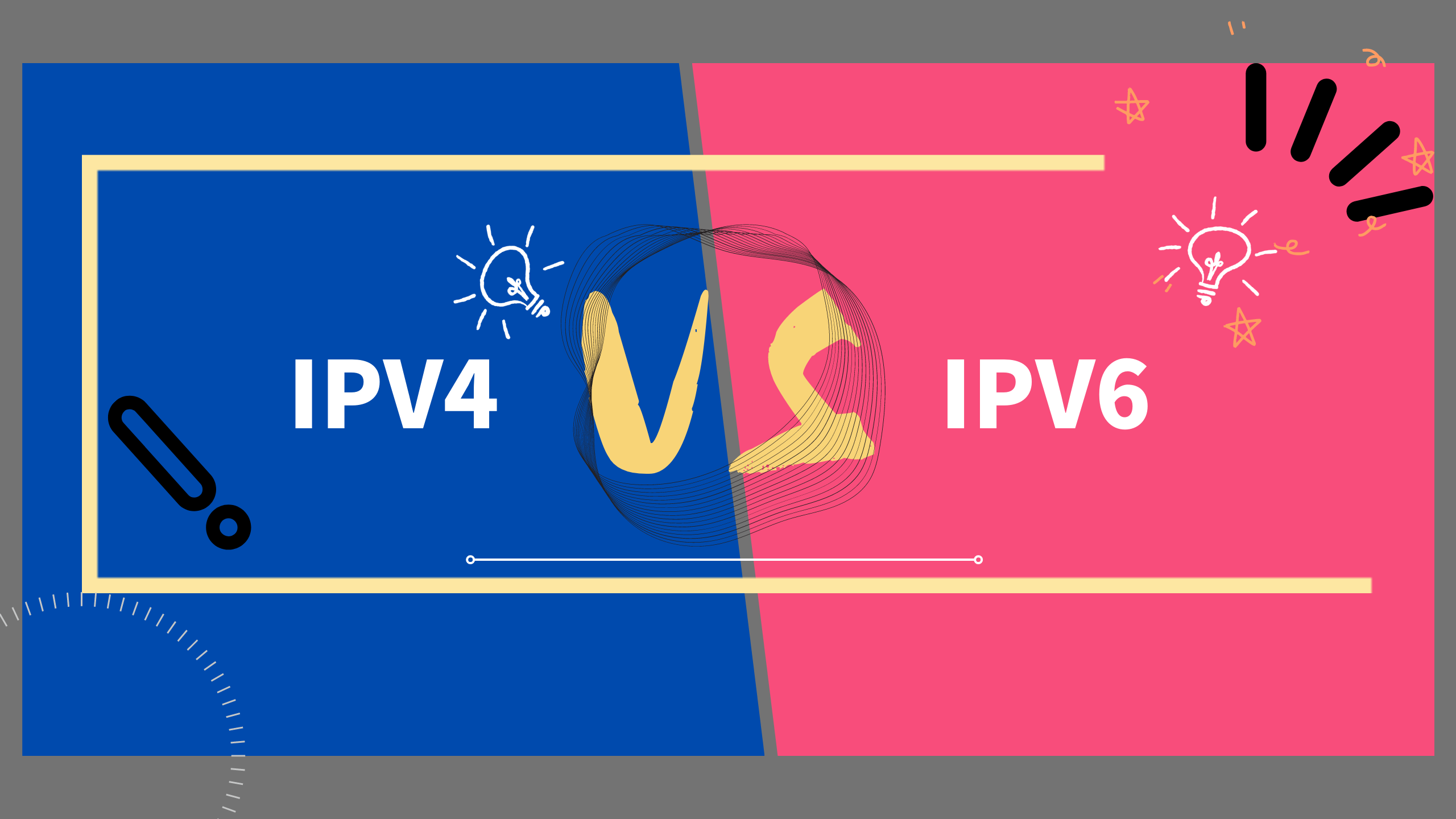What's The Difference Between IPV4 and IPV6?
What’s The Difference Between IPV4 and IPV6?
In today's digital age, the internet has become an integral part of our lives. It connects us with people and information from all over the world. The internet is based on a protocol called the Internet Protocol (IP), which is used to route data packets from one device to another. There are two versions of IP currently in use - IPv4 and IPv6. In this article, we will discuss the differences between IPv4 and IPv6, their advantages and disadvantages.

IPV4:
IPv4 is the fourth version of the Internet Protocol. It was first introduced in 1983 and is still widely used today. IPv4 uses a 32-bit address space, which means that it can support up to 4.3 billion unique IP addresses. Each IP address consists of four numbers separated by dots, for example, 192.168.0.1.
Advantages of IPV4:
1. Compatibility: IPv4 is compatible with almost all devices and operating systems, making it easy to use and deploy.
2. Familiarity: IPv4 has been in use for over three decades, so it is a well-established and familiar protocol.
3. Routing: IPv4 routing is well understood and efficient, making it suitable for large-scale networks.
Disadvantages of IPV4:
1. Address exhaustion: The biggest disadvantage of IPv4 is its limited address space. With the increasing number of devices connected to the internet, the available IPv4 addresses are running out quickly.
2. Security: IPv4 was not designed with security in mind, which makes it vulnerable to various types of attacks.
3. Quality of Service (QoS): IPv4 does not provide any built-in QoS mechanisms, which means that it cannot guarantee the quality of service for different types of traffic.
IPV6:
IPv6 is the sixth version of the Internet Protocol. It was developed as a solution to the address exhaustion problem of IPv4. IPv6 uses a 128-bit address space, which means that it can support an almost infinite number of unique IP addresses. Each IPv6 address consists of eight groups of four hexadecimal digits separated by colons.
Advantages of IPV6:
1. Address space: The biggest advantage of IPv6 is its vast address space, which ensures that there will be enough IP addresses for all devices for the foreseeable future.
2. Security: IPv6 was designed with security in mind, which makes it more secure than IPv4.
3. QoS: IPv6 provides built-in QoS mechanisms, which means that it can guarantee the quality of service for different types of traffic.
Disadvantages of IPV6:
1. Compatibility: IPv6 is not compatible with all devices and operating systems, which means that it may not be easy to use and deploy.
2. Complexity: IPv6 is more complex than IPv4, which means that it may require more resources to implement and manage.
3. Routing: IPv6 routing is less efficient than IPv4 routing, which means that it may not be suitable for large-scale networks.
Conclusion:
The Pia s5 proxy uses the IPV4 protocol, which has wider applications and better compatibility than the IPV6 protocol. In addition, the Pia s5 proxy can also provide higher network speed and better stability, enabling users to enjoy network services more freely



















































